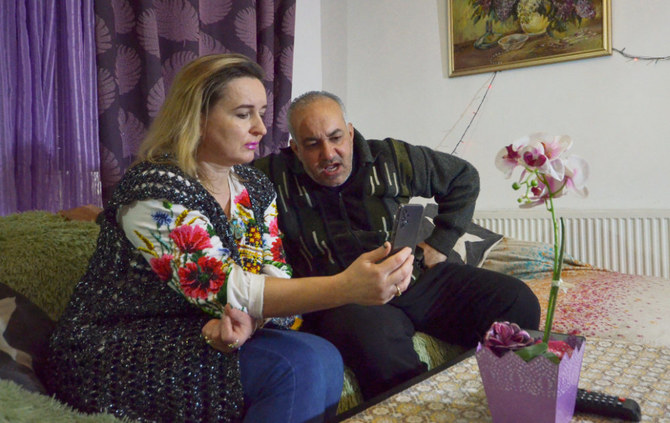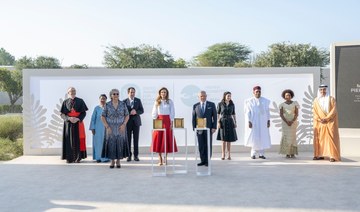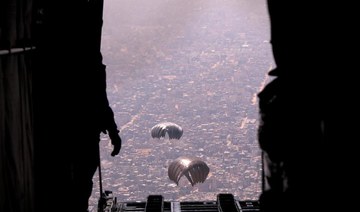AMMAN: Jordan is bracing for even more difficult days economically as a result of the Russian invasion of Ukraine.
Musa Saket, a businessman and former deputy head of the Amman Chamber of Commerce, told Arab News that the economic effects from the Russian invasion of Ukraine will be felt by Jordanians.
“We expect that the price of fuel will pass the 3 percent mark although the Jordanian budget was built on the basis of the rise not passing 2.4 percent,” Saket said.
He added that a rise in world fuel prices will be passed on to consumers, with Jordan importing 85 percent of raw materials needed for local industry.
Saket is worried that supply chain issues due to import and export delays will also have an economic cost. “Wheat and barley will most certainly rise in price and we expect some chemical products to also be affected, even though the exports of some of these products is between JOD 2-3 million ($2.8-4.2 million).”
Jordan’s Foreign Ministry has been busy trying to help thousands of Jordanians who live in Ukraine and are seeking refuge. According to ministry sources, there are 3,500 Jordanians in the country, including dual Ukrainian-Jordanian citizens.
Haytham Abu Alfoul, a spokesman at the ministry, said that there is a huge crowd of people trying to leave Ukraine. “One hundred Jordanians have already left while 1,430 have registered on a quickly uploaded platform to help create communications with Jordanians in Ukraine who are interested in help in being repatriated,” he said.
The Foreign Ministry told Arab News that it has been in touch with Ukrainian officials with the hope that safe corridors can be established to ensure people can leave the war-torn country.
Imad Abu Al-Rub, who heads the Ukrainian Dialogue and Communications Center, told Arab News that no Jordanians have been hurt.
“All Jordanians living in Ukraine were offered a month ago to leave but no one expected things to change this rapidly,” Al-Rub said, adding that many Jordanian students are trying to obtain documentation of their studies so that they can transfer to another university. “We have people from our side waiting for Jordanians as they cross the borders to transfer them free of charge by buses we have hired for the occasion.”
Khaldoun Heina, the head of the Foreign Relations Committee in the Jordanian Parliament, told Arab News that “the exit of Jordanians from Ukraine was very late. They had been warned four weeks ago by the Foreign Ministry and were asked to register but they didn’t do anything, but when the war began registration on the platform quickly spiked.” Heina said that Jordanians are fine and that university students will be able to find places to continue their studies at Jordanian universities.”
While Jordan does not import wheat from either Ukraine or Russia, vegetable oil saw a spike in prices during the first days of the invasion.
Khalil Haj Tewfik, the head of the food products association, told Arab News that there is no need to be concerned. “With the exception of sunflower oil and frozen chicken, Jordan doesn’t receive any basic food products from either Ukraine or Russia.” He added that rice, sugar, dry milk and other foods are essential products secured from other sources.
Jordan and Ukraine registered a trade exchange of $148 million in 2021, which was a 14 percent increase on the $144 million of trade exchanged in 2020. Jordan exports $4 million of goods to Ukraine per year, which is mostly medicines, fertilizers and chemical products.




























